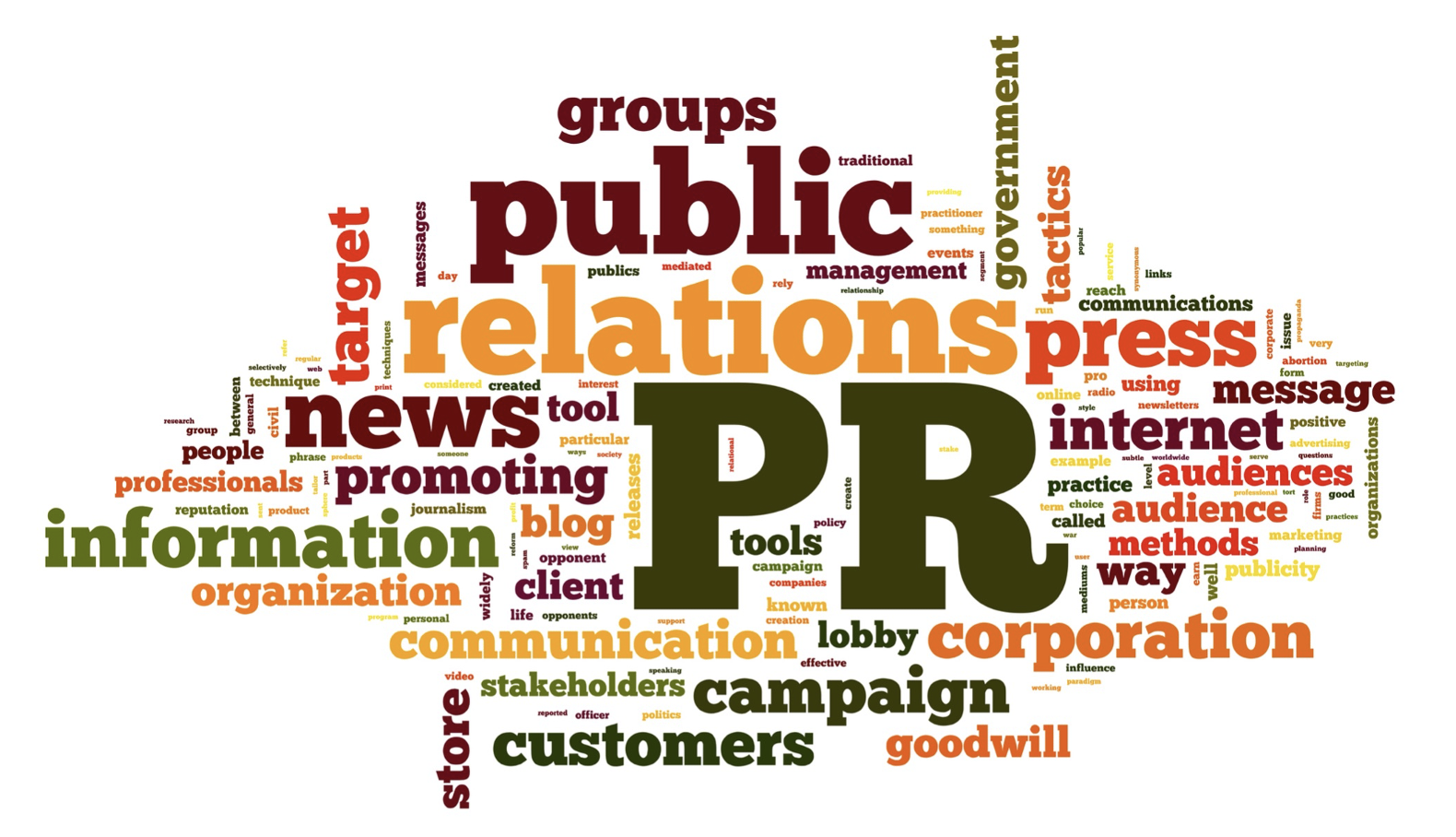
WORKING Zimbabweans spend a third of their life at work, which is a lot of time for employees to be exposed to work-related stress.
Everyone has tough days and it is something that we cannot argue about. We are living in times of uncertainty, and many people are stressed, anxious and depressed, especially considering the price of labour which has been overtaken by costs of goods and services. Depression, left untreated, may have a significant impact on work performance.
What is workplace depression?
The World Health Organisation (WHO) defines depression as a mental disorder, characterised by loss of interest in activities that you normally enjoy, accompanied by an inability to carry out daily activities. WHO says it is also the leading cause of disability in the world. In a statement, the Health and Child Care ministry said about 70% of people with mental illnesses actively conceal their condition from others, mainly because they fear discrimination when looking for a job. The most common signs of depression are a lack of energy, low mood, decreased focus, feeling worthless and helpless at work and generally not being able to find pleasure in the things you love including your job itself. While it can be easier to spot depression for some people it can be very difficult to identify the signs and realise you need support.
Signs of workplace depression
Depression in the workplace can be invisible and go undetected. However, there are noticeable signs that could initiate a conversation. Perhaps an employee may be coming late to meetings or missing them entirely, or someone who has been absent more than they are intended to be in the office? If so, it may be time to delve a little deeper. But keep in mind that signs of depression vary based on the individual and situation. If you feel depressed when working, you are not alone. Sadness, anxiety, loss of motivation, difficulty concentrating, unexplained bouts of crying and boredom are just a small sampling of the things you may be feeling if you are experiencing depression symptoms at work.
Dealing with depression at work
Depression does not respect your work hours, and it can be tough to get through a workday when you are feeling low. If you find that depression is affecting your work life, there are many things you can do to gain a bit of motivation, rest, or relief throughout the day. Firstly, recognise your symptoms by identifying where the problem areas are. Once you know what the problems are, you can set mini goals and make an action plan to get through the day.
- Toxic smoke chokes Karoi residents
- How HR can effectively handle employee depression
- Co-operate to curb malaria, Mash West farmers urged
- Experts bemoan shortage of mental healthcare professionals
Keep Reading
Since depression saps your energy, motivation and interest, it is important to identify things in your job or work setting that brings you either some enjoyment or a feeling of accomplishment. In fact, discussions on mental health and depression are inseparable and organisations must normalise discussing mental health issues because by so doing they also deal with depression.
Duty of the employer on employee depression
Employers have a duty to care for their employees. Everyone has the right to a safe and healthy work environment. Work can be a double-edged sword when it comes to mental health or depression. Much can be done to prevent depression at work but at the same time, it can also worsen depression in some people. Employers must walk a thin line to manage depression at work. Good mental health at work and good management go hand-in-hand and there is overwhelming evidence that workplaces with high levels of mental wellbeing are more productive.
Promoting and supporting wellbeing issues at work
There is no doubt that improving employee wellbeing is beneficial to any organisation and it should be considered part of an employer’s ethical responsibility particularly when we consider how prevalent mental health issues are. A company that prioritises health and wellbeing at the workplace will not only reduce absenteeism, but also attract and retain talent, improve productivity and boost morale. There are small steps which organisations can take to ensure wellbeing is a priority in their employees’ day-to-day working lives and one of which is simply promoting and supporting wellbeing issues at work. Improving employee wellbeing must be a priority, and employers should be considerate about how their wellbeing strategy builds on and aligns to their health and safety policy.
Create an open, inclusive caring culture
As with any facet of company culture, creating and encouraging a sense of belonging in your workplace begins at the leadership level. Employees need to believe that their organisation provides a positive and inclusive environment and trust that they will be provided with the support they need. Otherwise, it may be difficult to break the stigma around mental health at the workplace. This requires employers to create a culture that supports inclusivity and champion that culture daily. On the same note, it should be made clear that any mental health and wellbeing issue employees wish to discuss should be treated with confidence, respect and understanding, never intolerance.
Healthy working environment
Workplaces can be places of both opportunity and risk for mental health. Workplaces that promote good mental health and reduce work stress not only enhance mental and physical health but are also likely to reduce absenteeism, improve work performance and productivity, boost staff morale and motivation, and minimise tension and conflict between colleagues. So action to protect and promote mental health in the workplace can be cost effective. Employers and governments have a responsibility to promote and protect all people’s mental health at work.
Mental health and wellbeing initiatives
Good mental health at work and good management go hand-in-hand. Smart employers know that organisations perform better when staff are healthy, motivated and focused. Organisations must develop a mental health strategy. A clear policy should set out how the organisation will promote wellbeing for all staff, tackle the causes of work-related mental health problems and support staff experiencing them. Creating proactive options that help people improve and maintain their mental health day-to-day is key in helping employees flourish as far as mental health and wellbeing initiatives are concerned.
If you suffer from depression, you may sometimes find it tough to perform the tasks you need to do as part of your job. Occasionally, the way you feel may be so severe that you find it difficult to go to work.
Emmanuel Zvada is a human capital consultant and international recruitment expert and author. He writes her in his personal capacity. He can be contacted on [email protected] or on +263771467441.











